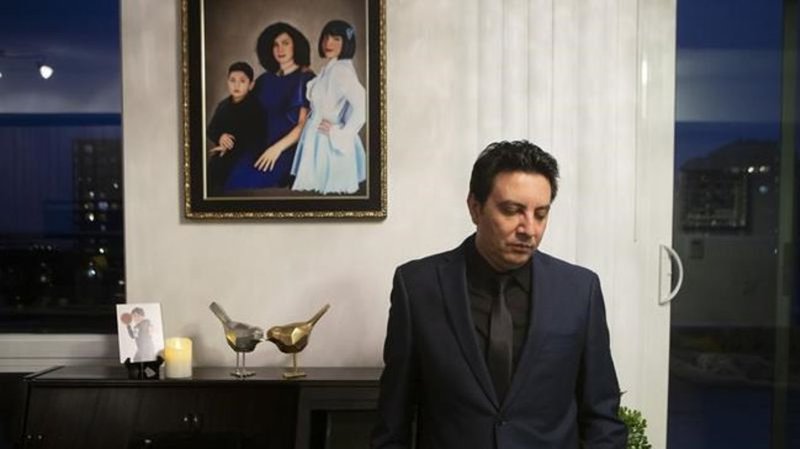
Flight 752 forensic report doesn’t answer all questions, victims’ families say
The man whose family was killed in a missile attack on Ukraine International Airlines Flight 752 as it left Tehran’s airport last year is “angry and disappointed” with a forensic report that says it was not premeditated, but rather caused by Iran’s “recklessness.”
Alireza Ghandchi’s wife, Faezeh, his daughter Dorsa, 15, and his eight-year-old son Daniel were killed. The Richmond Hill, Ont., resident said he was expecting more from the probe.
The report released Thursday following an eight-month investigation says Iran did not plan the downing of a passenger jet in advance. But it found that a series of failures by the regime’s civil and military authorities set the stage for an attack on the passenger jet minutes after it took off.
Iran failed to ensure its air safety or notify airlines about its military activities when it launched a missile strike against a pair of U.S. bases across the border in Iraq hours before the plane was shot down on Jan. 8, 2020, the report says.


